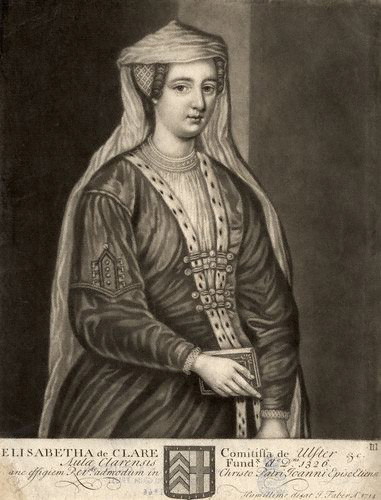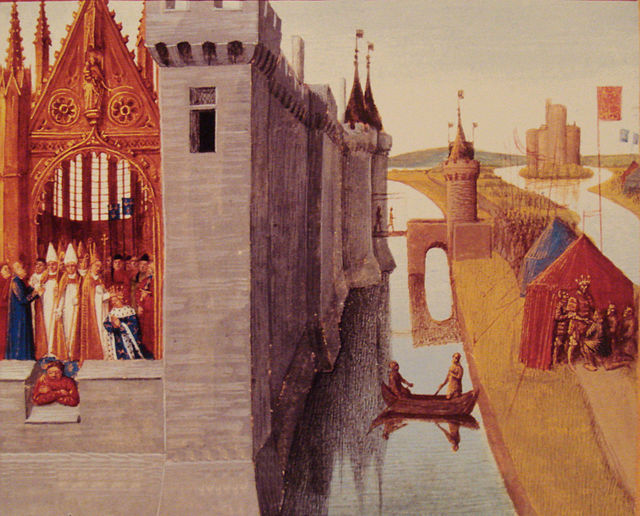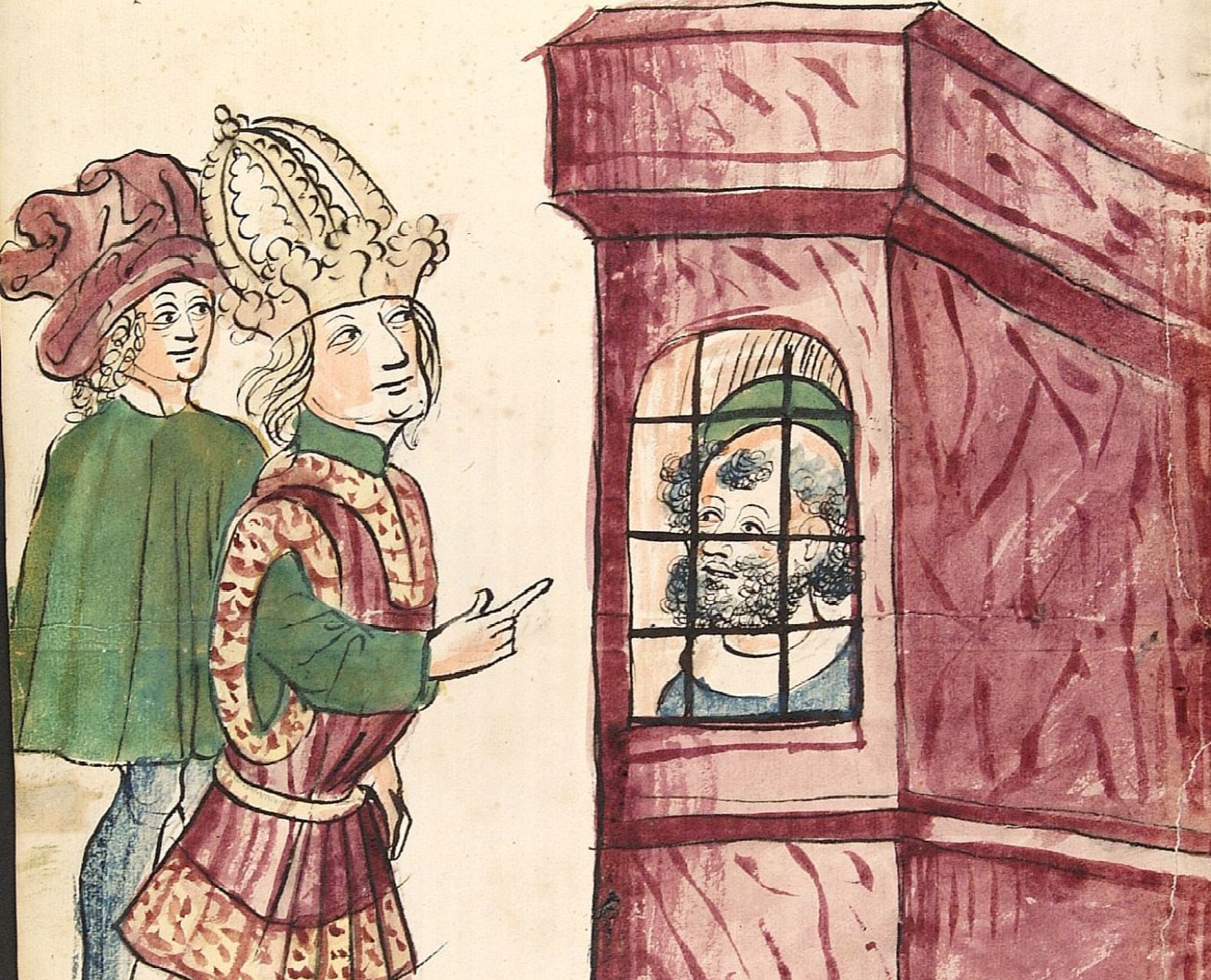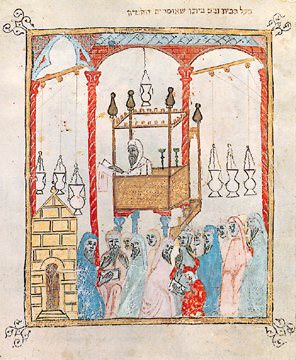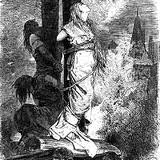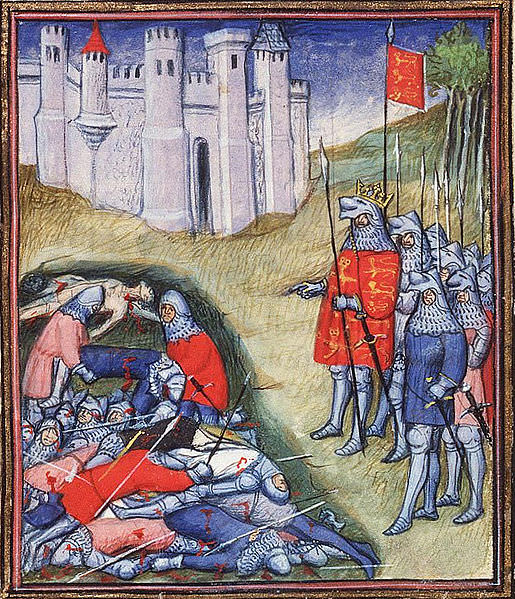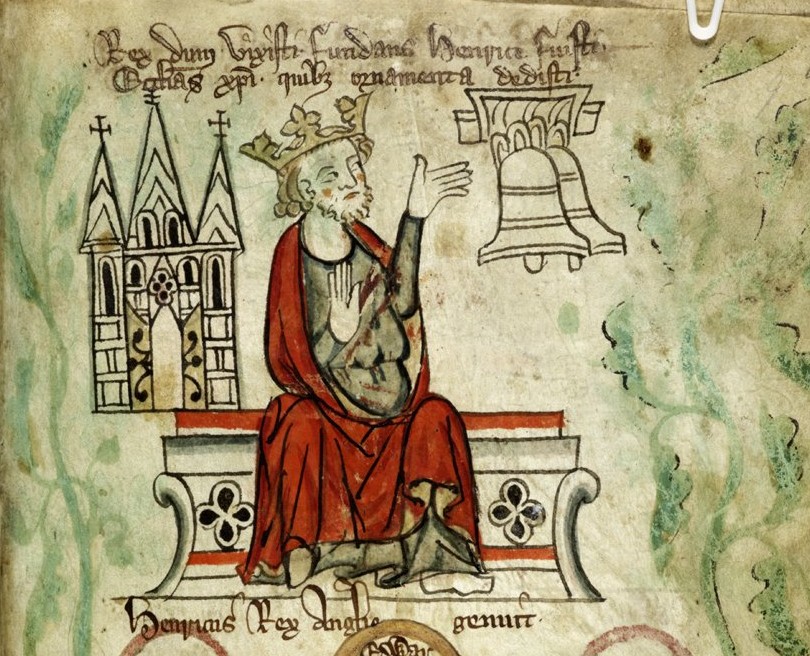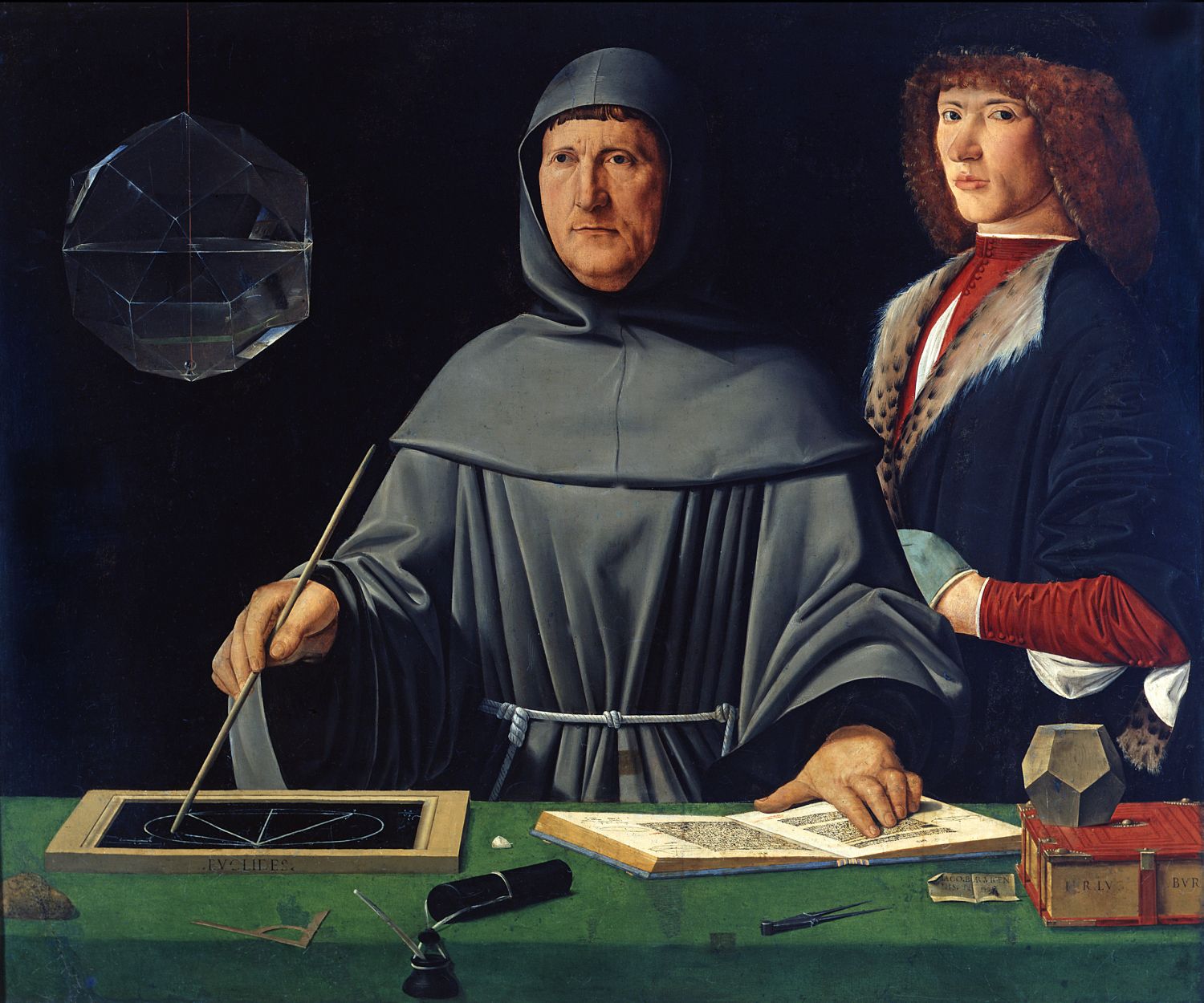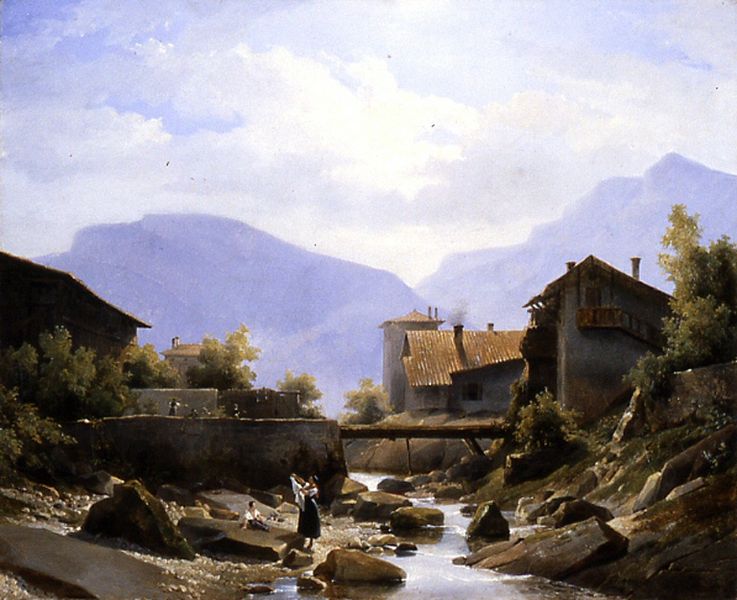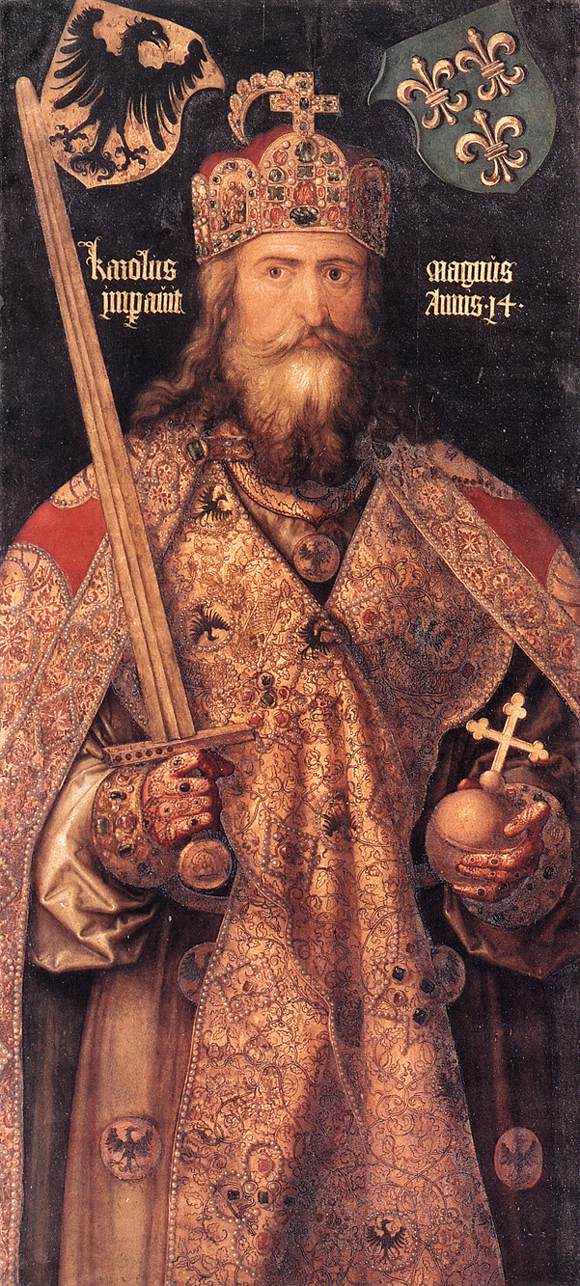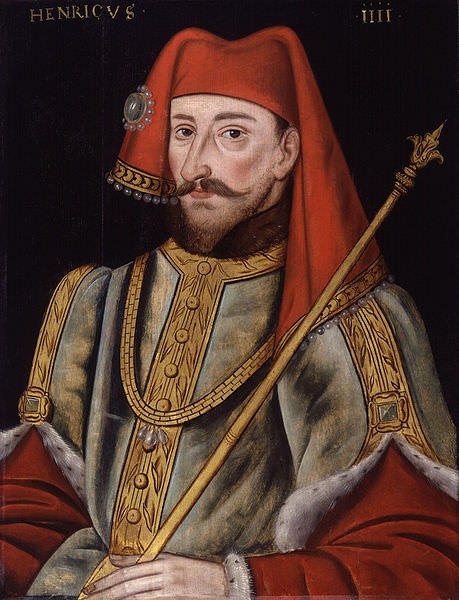1295: The Year of the Galleys
This lecture is about an extraordinary set of English shipbuilding accounts dating from the 1290s, when the ports of London, Southampton, Ipswich, York, Newcastle and other places constructed eight war galleys for King Edward I.
Mole removal and sliced whale meat: The accounts of a medieval noble
What did medieval nobility spend their money on? A new book takes a look at the surviving accounting records of a 14th century noble – Elizabeth de Burgh, Lady of Clare.
The Consolidation of Local Authority Through the Defense of the Church in the Royal Domain of France Under Louis VI
When Louis VI ascended to the throne in 1108 AD, he faced substantial challenges as the fifth monarch of the Capetian dynasty; he confronted the problem of stopping the general decline of the monarchy and achieved this in a way that reasserted the foundations of the crown as the sole dominant figure in the royal domain and a respected lord throughout the kingdom.
Medieval Prisons: Between Myth and Reality, Hell and Purgatory
When were medieval prisons founded? What was life inside them like? How did contemporary observers perceive them?
Discrimination Against the Jewish Population in Medieval Castile and León
I have tried to show the degree of discrimination suffered by the Jewish community in these two kingdoms in the Middle Ages through a deep analysis of the legal sources, lay as much as ecclesiastical, and also through documentary collections reflecting their practical application
Notarial Convention in the Facilitation of Trade and Economics in Mid-Thirteenth Century Marseille
This paper examines Marseillaise notarial documents of 1248 from the cartulary of Girauld Amalric. Amalric’s cartulary demonstrates how notarial techniques and related legal conventions facilitated Marseille’s long- and short-distance trade.
Violence and Repression in Late Medieval Italy
Between the second half of the thirteenth century and the first half of the fifteenth, central and northern Italian city-states frequently suffered moments of disruption of the social peace because of factional battles.
Legal Centralization and the Birth of the Secular State
This paper investigates the relationship between the historical process of legal centralization and increased religious toleration by the state. We develop a model in which legal centralization leads to the criminalization of the religious beliefs of a large proportion of the population.
The Management of the Mobilization of English Armies: Edward I to Edward III
This thesis examines government administrative action that can be described as ‘management’, in the context of the logistics of mobilizing royal armies during the reigns of Edward I, Edward II and Edward III.
The Government of Medieval London
The city had always, even from Roman times, a great deal of control over its own governance.
The Montfortian bishops and the justification of conciliar government in 1264
In 1266, five English bishops were suspended from office for supporting Simon de Montfort, earl of Leicester, in rebellion against King Henry III.
A Captive King: Henry III between the battles of Lewes and Evesham, 1264-5
For a period of fifteen months, between the crushing defeat of the royal army at Lewes on 14 May 1264, and Montfort’s brutal murder at Evesham on 4 August 1265, Henry III lost control of his seal, his household and his kingdom as he was forced to accept the appointment of new officials at the centre and periphery of government.
Shining a Light on the Mysteries of State: The Origins of Fiscal Transparency in Western Europe
The extent of fiscal transparency in Western Europe has varied over the centuries. Although ancient Greek, Roman, and medieval governments were sometimes open about their finances, the absolute monarchies of the 1600s and 1700s shrouded them in mystery.
Healthscaping a Medieval City: Lucca’s Curia viarum and the Future of Public Health History
Healthscaping a Medieval City: Lucca’s Curia viarum and the Future of Public Health History G. Geltner (Department of History, University of Amsterdam) Urban History: 40,…
Account Rolls of Medieval Savoy: Example of the Castellany of Evian-Féternes in 1299–1300
The medieval principality of Savoy left historians an outstanding legacy: the corpus of account rolls of its castellanies, the base administrative units of medieval Savoy.
Commonwealth, Conversion and Consensus: An Examination of the Medieval Icelandic Free State and Political Liberalism
John Rawls’ Political Liberalism opens with a question: ‘how is it possible for there to exist over time a just and stable society of free and equal citizens, who remain profoundly divided by reasonable religious, philosophical, and moral doctrines?’
The minority of King James V, 1513-1528
The thesis is a detailed study of Scottish central government institutions, personnel and policies during the long and politically complex minority of James V 1513-1528.
A Cell of their Own: The Incarceration of Women in Late Medieval Italy
I will then move to sketch the social profile of female inmates, mainly drawing on the records of Le Stinche, the Florentine municipal prison, during its first century of activity, circa 1300–1400.
A King on the Move: The Place of an Itinerant Court in Charlemagne’s Government
I shall suggest here that we should abandon this assumed correlation, and that once we have done so, a very different picture of Charlemagne’s itinerary between 768 and 814, and consequently of his government, emerges.
English government bought “many millions” of crossbow bolts during the 13th century, historian finds
A new study about the medieval military industry shows that the English Royal government was making and purchasing as much as hundreds of thousands of crossbow bolts each year, revealing how important this weapon was to the medieval armies of England.
‘Kings were not wont to render account’ Henry IV and the Authority of the King
Henry travelled extensively, became famed throughout Christendom as a champion jouster, crusaded in Eastern Europe, and looked after his father’s holdings whilst John of Gaunt campaigned in Spain.3 It is impossible not to note that Henry Bolingbroke’s popularity continued to increase while Richard II’s declined.
The Territorial Strategy of the Italian City-State
How did Europe move from a medieval system characterised by several overlapping territorial strategies, to one dominated by a single, territorially exclusive model of rule?
Bread and Falcons: The View from Crete in 1501
An overview of 62 letters written between 1500 and 1502 by Bartolomeo Minio, Venetian Captain of Crete.
Expenses Related to Corporal Punishment in France
How much did the hangman get paid to carry out his deed?
Queen’s Gold and Intercession: The Case of Eleanor of Aquitaine
This essay will consider basic questions about queen’s gold and intercession. First it will address the mechanics of the levy and collection of queen’s gold, beginning with fundamentals such as the nature of the levy and who paid. An investigation into the origins of queen’s gold will follow.

